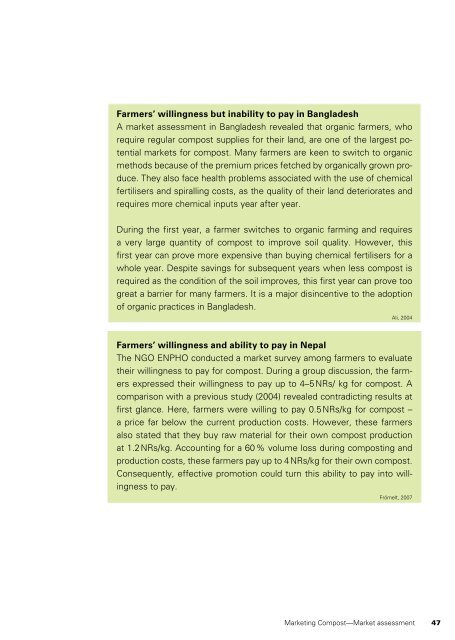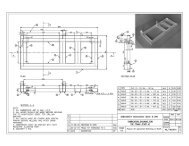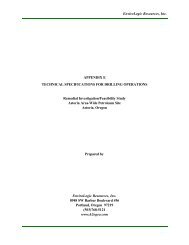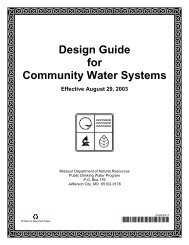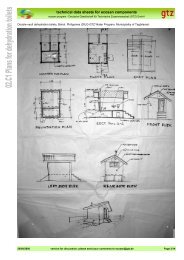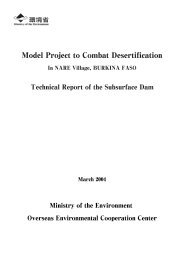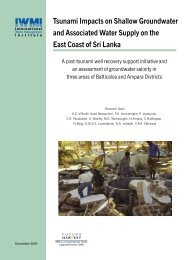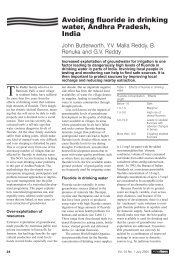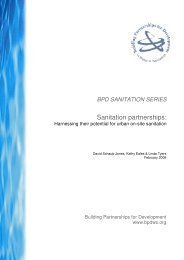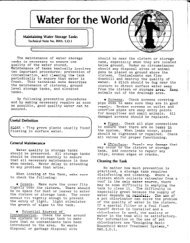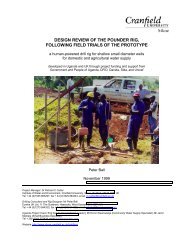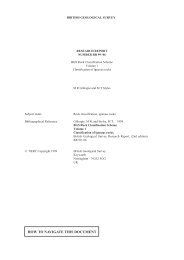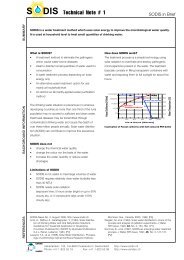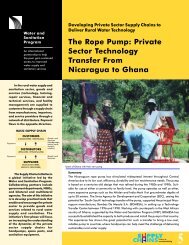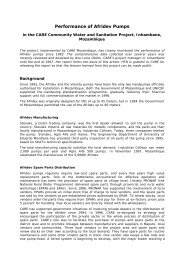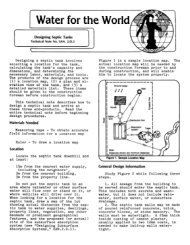Marketing Compost (EAWAG) - The Water, Sanitation and Hygiene
Marketing Compost (EAWAG) - The Water, Sanitation and Hygiene
Marketing Compost (EAWAG) - The Water, Sanitation and Hygiene
You also want an ePaper? Increase the reach of your titles
YUMPU automatically turns print PDFs into web optimized ePapers that Google loves.
Farmers’ willingness but inability to pay in Bangladesh<br />
A market assessment in Bangladesh revealed that organic farmers, who<br />
require regular compost supplies for their l<strong>and</strong>, are one of the largest potential<br />
markets for compost. Many farmers are keen to switch to organic<br />
methods because of the premium prices fetched by organically grown produce.<br />
<strong>The</strong>y also face health problems associated with the use of chemical<br />
fertilisers <strong>and</strong> spiralling costs, as the quality of their l<strong>and</strong> deteriorates <strong>and</strong><br />
requires more chemical inputs year after year.<br />
During the first year, a farmer switches to organic farming <strong>and</strong> requires<br />
a very large quantity of compost to improve soil quality. However, this<br />
first year can prove more expensive than buying chemical fertilisers for a<br />
whole year. Despite savings for subsequent years when less compost is<br />
required as the condition of the soil improves, this first year can prove too<br />
great a barrier for many farmers. It is a major disincentive to the adoption<br />
of organic practices in Bangladesh.<br />
Ali, 2004<br />
Farmers’ willingness <strong>and</strong> ability to pay in Nepal<br />
<strong>The</strong> NGO ENPHO conducted a market survey among farmers to evaluate<br />
their willingness to pay for compost. During a group discussion, the farmers<br />
expressed their willingness to pay up to 4–5 NRs/ kg for compost. A<br />
comparison with a previous study (2004) revealed contradicting results at<br />
first glance. Here, farmers were willing to pay 0.5 NRs/kg for compost –<br />
a price far below the current production costs. However, these farmers<br />
also stated that they buy raw material for their own compost production<br />
at 1.2 NRs/kg. Accounting for a 60 % volume loss during composting <strong>and</strong><br />
production costs, these farmers pay up to 4 NRs/kg for their own compost.<br />
Consequently, effective promotion could turn this ability to pay into willingness<br />
to pay.<br />
Frömelt, 2007<br />
<strong>Marketing</strong> <strong>Compost</strong>—Market assessment 47


